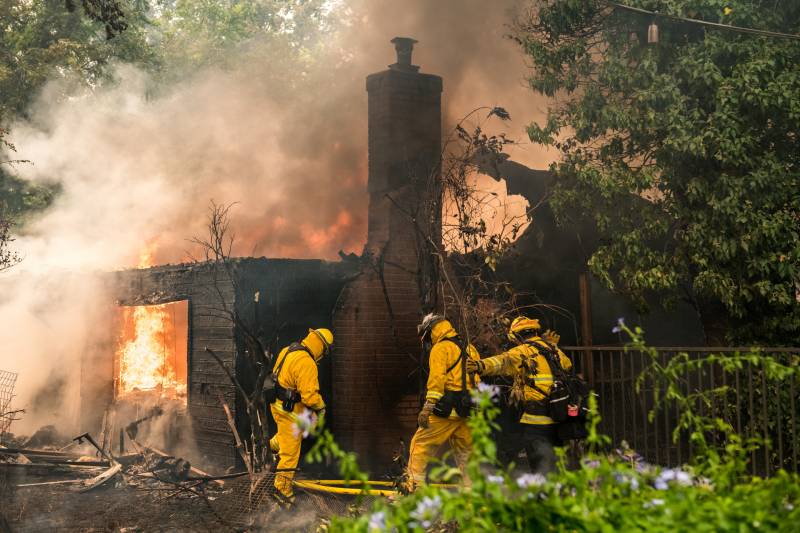If you can’t safely live in your home, someone from FEMA will call you to schedule a remote inspection. FEMA can provide translation and ASL interpreters for applicants who need it.
“It's our experience that we've done so many inspections based on ... other previous cases, we can get pretty good at assessing damage remotely. So it should save some time,” Mansell said.
You can expect the inspector to ask you a series of identification questions and request that you describe the damage in detail over the phone. They may also ask for additional photos of the damage. If there's still more information needed after the call, FEMA may send an inspector to look at the property in person.
If your home has suffered minimal enough damage that you can still live in it, FEMA may or may not request a remote inspection.
Remote inspections aren’t required for other types of FEMA grants that cover child care, transportation, medical, dental, funeral expenses, moving and storage assistance.
Here is more information from FEMA about the remote inspection process.
Need Additional Help?
If you have any questions, contact the FEMA helpline at (800) 621-3362 (TTY 800-462-7585). If you use 711 or Video Relay Service, call (800) 621-3362.
Customer service representatives from the U.S. Small Business Administration’s Virtual Disaster Loan Outreach Center can help business owners and individuals with questions about SBA’s disaster loan program at FOCWAssistance@sba.gov or (916) 735-1500.
If you don’t agree with FEMA’s decision regarding your application, you have 60 days from the date on FEMA’s determination letter to submit an appeal with additional information or documentation. If you're insured, you have up to a year to appeal and to provide an insurance determination letter.
